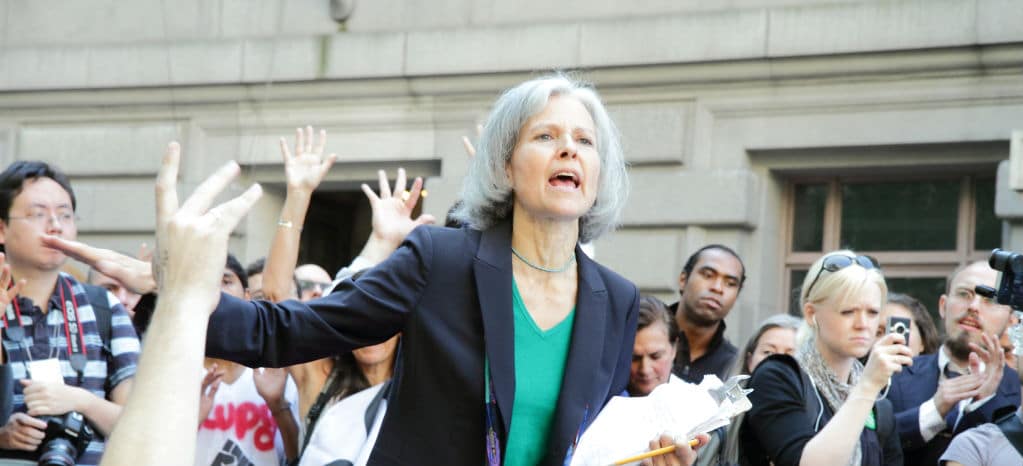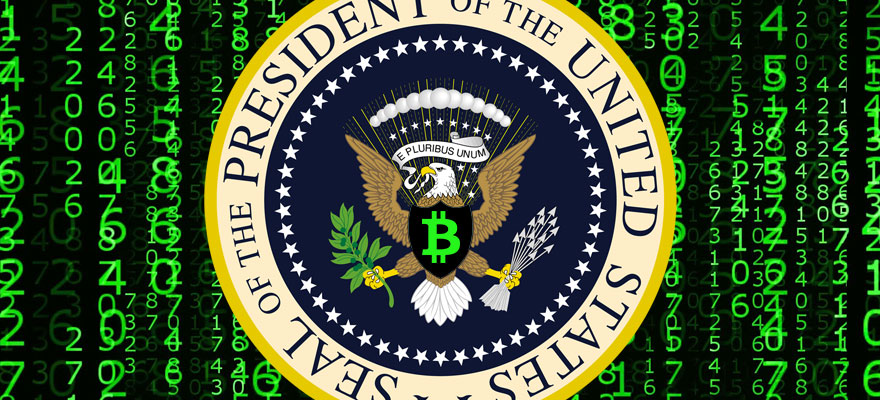This article was written by Richard Gardner, founder and CEO of Modulus Global.
Free Wi-Fi
Anil Polat, the blogger behind foXnoMad, which aims to help folks “travel smarter”, has recently gone viral, and his map of free Wi-Fi spots across the globe has even been the subject of a Business Insider article.
Take the lead from today’s leaders. FM London Summit, 14-15 November, 2016. Register here!
Polat, who claims to be a computer security engineer, regularly updates this crowdsourced data. Think of it as the Waze of free Wi-Fi. Unfortunately, he doesn’t write about the security concerns associated with such risky behavior. While most internet users purchase yearly subscriptions to antivirus software, many fail to keep it updated regularly.
These updates often contain critical information and are on the frontline of defense against hackers.
But, the reality is that these free Wi-Fi hotspots, even those that aren’t quite so public, such as those provided by private clubs, are rarely secure. If you find yourself waiting for a plane and browsing on one of these networks, be sure to wait until you have a secure connection before logging into your private accounts.
The best way to keep your trading accounts safe is to only engage with them when you have an encrypted connection (HTTPS/SSL). Plane delayed? Be smart and play Candy Crush to pass the time.
Five tips
If you do check into your trading accounts in circumstances which are less than ideal, here are five things you can do to protect yourself:
- Use a unique username and password for your trading account which is not used for any other account in order to minimize the exposure to risk. With different log-in credentials, your trading account will be less susceptible to risk if your email account, for example, is hacked.
- Use a secret email address with your broker. Publicly available information is the easiest way for a hacker to get their foot in the door. If your email is unlisted, your account will be safer.
- Avoid clicking on links found in emails if you don't recognize the sender.
- Monitor your trading accounts regularly to make sure all trades are authorized.
- Along with keeping your antivirus software updated, it is critical to keep your trading software up-to-date. Fortify your accounts with the strongest authentication tools available, such as biometrics and security keys.
Broker security
When you first choose a broker, it is important to ask the right questions about security.
Your broker should offer 2-step authentication and should send security codes by phone or text when you log in from a previously unknown computer, just as your bank would.
They should also offer login notifications, which allows you to receive a text or email each time someone logs into your account. By choosing the broker with the best security measures in place, you will reduce your risk at the outset.


















